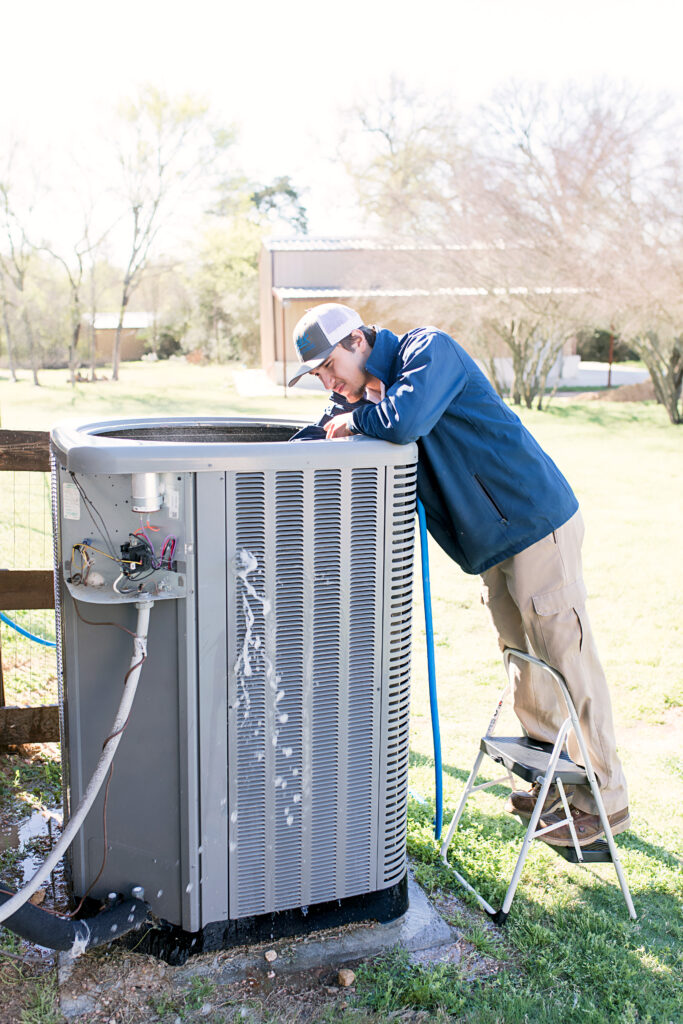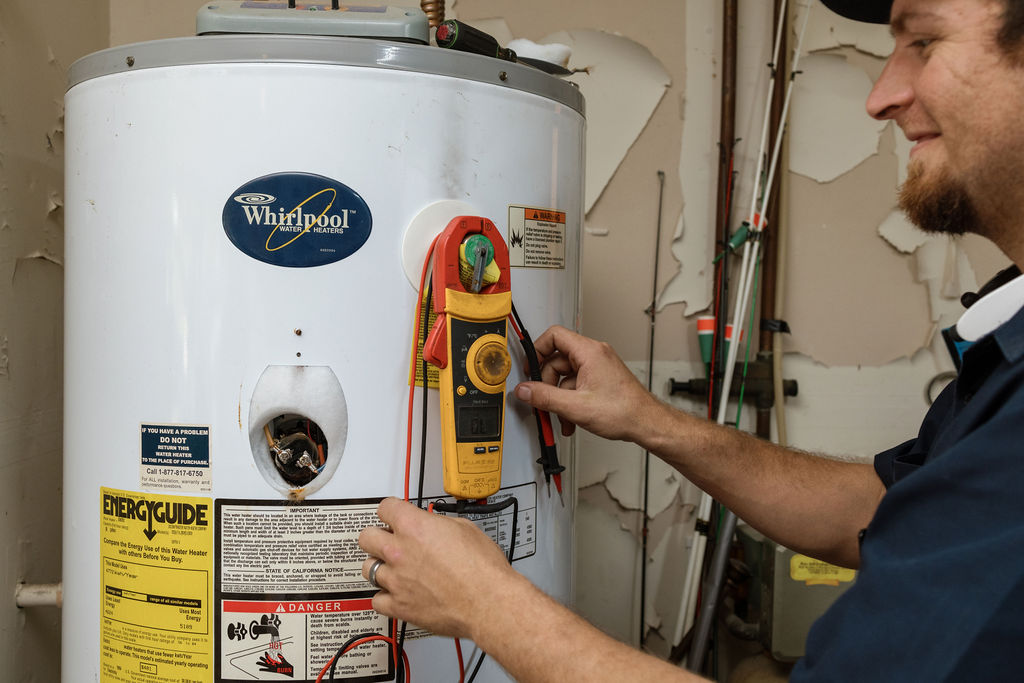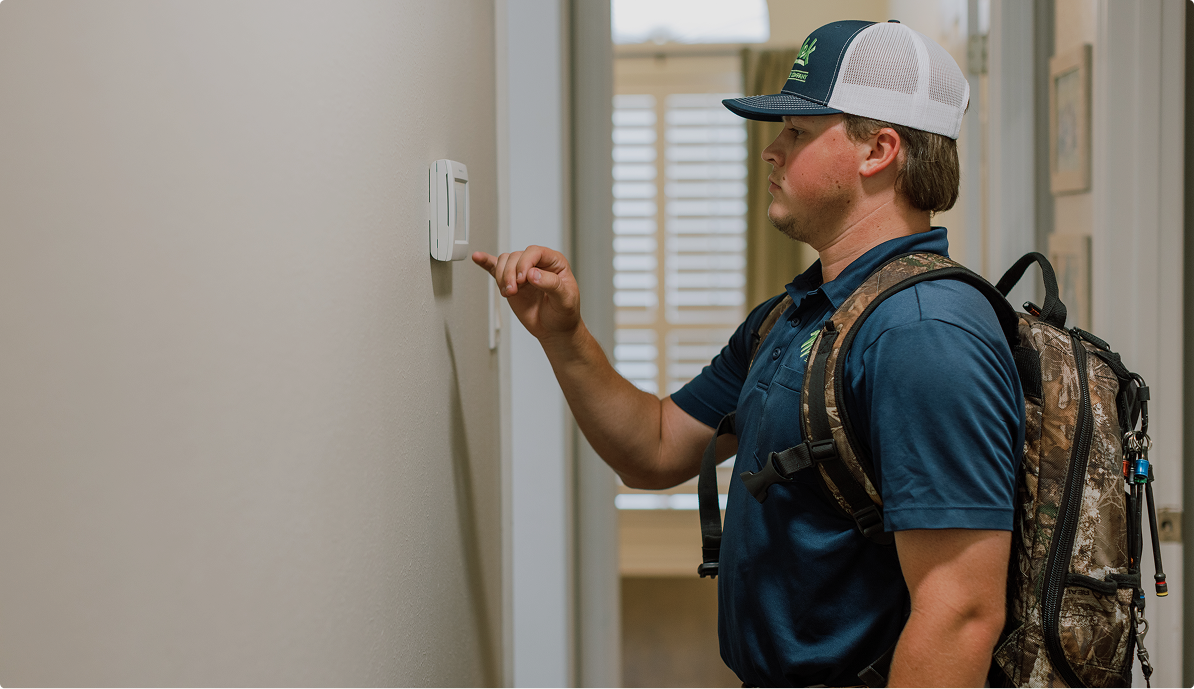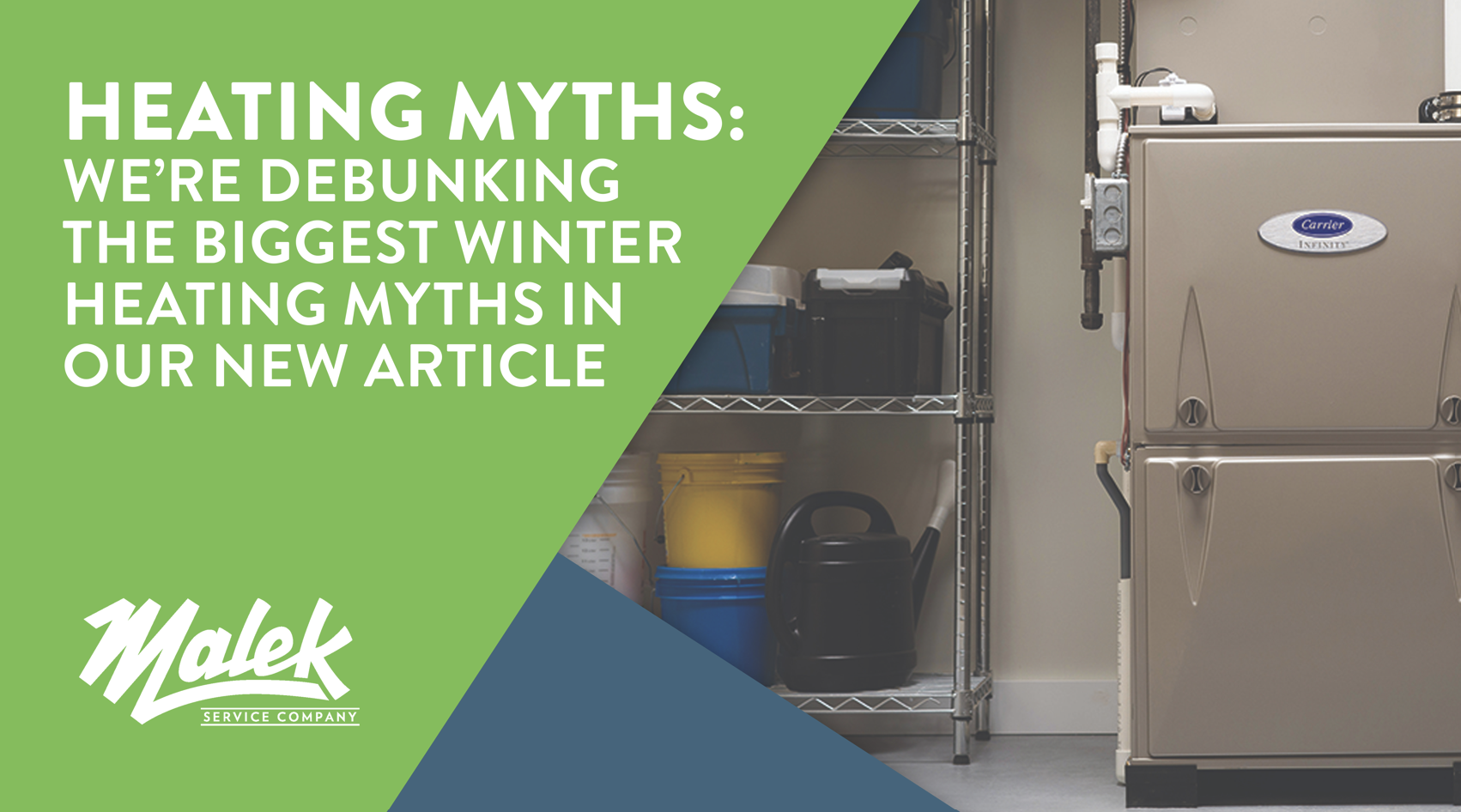Winter is here. And with it brings the dread of malfunctioning air conditioning, cold drafts, and the unwelcome surprise of a frozen or burst pipe. As homeowners, we often forget the critical role our HVAC and plumbing systems play in our comfort and safety during the cold months. It’s easy to take these systems for granted—until they stop working. This blog post will guide you through the essential tune-up checklist for your furnace and plumbing to ensure a cozy, worry-free winter.
The Importance of HVAC Tune-Ups
In the heart of winter, there’s nothing quite as comforting as stepping into a warm, cozy home, free from the icy grip of the outside world. Your HVAC system, the powerhouse behind this warm embrace, needs regular attention to keep it running smoothly and efficiently. Ignoring its maintenance can lead to uncomfortable temperature swings, skyrocketing energy bills, and the untimely demise of your heating system. Here’s why tune-ups are so crucial for your HVAC system as the cold months approach.
Firstly, a well-maintained HVAC system operates more efficiently. This means it uses less energy to heat your home, which can lead to significant savings on your energy bills. As the system doesn’t have to work as hard to maintain your desired temperature, it also experiences less wear and tear, extending its lifespan and saving you from costly premature replacements.
Air quality is another compelling reason for regular furnace maintenance. Your system doesn’t just heat your home; it circulates and filters the air you breathe. Over time, dust and debris accumulate in the filters and ductwork, contaminating the air and potentially leading to health issues. Seasonal tune-ups include cleaning or replacing filters and inspecting ductwork, ensuring you breathe clean, healthy air all winter long.
Moreover, consistent maintenance helps identify potential problems before they escalate into emergencies. Routine maintenance can uncover issues like minor leaks, electrical problems, or parts that are wearing out. Catching these early can mean the difference between a simple fix and a complex, costly repair down the line.
Finally, peace of mind is perhaps one of the most undervalued benefits of HVAC maintenance. Knowing your system has been professionally inspected and is in top shape allows you to relax and enjoy the warmth of your home, even on the coldest days.
Remember, your HVAC system is integral to your home’s comfort and safety during the winter. Regular tune-ups ensure it operates efficiently, saves you money, and keeps your indoor air clean and healthy.

Key Points for HVAC Winter Preparation
As the chilly season approaches, ensuring your HVAC system is winter-ready should top your home maintenance list. Preparing your heating system for its heavy-duty role in the colder months not only enhances your comfort but also safeguards your investment. Here are five key steps to get your HVAC system in peak condition for winter:
-
- **Regular Filter Changes**: It might seem like a small task, but changing your HVAC filters is crucial for maintaining air flow and system efficiency. A clean filter ensures your furnace doesn’t have to overwork, which can save you from unexpected breakdowns and reduce energy consumption. Aim for a filter change every 1-3 months, particularly during high-use periods.
-
- **Thermostat and Zoning System Check**: Verify that your thermostat is accurately reading and regulating temperatures. An upgrade to a programmable thermostat, if you haven’t already, can offer substantial energy savings by allowing you to set and forget temperatures tailored to your schedule. Additionally, consider a zoning system for personalized temperature control in different areas of your home, enhancing both comfort and efficiency.
-
- **Ductwork Evaluation**: Your ducts are the arteries of your HVAC system; if they’re leaking or blocked, your system has to work harder. Inspect your ducts for any signs of leaks, damage, or buildup that could restrict airflow. Professional sealing and insulation can significantly reduce energy loss, making your heating system more efficient.
-
- **Comprehensive Furnace Maintenance**: A thorough inspection and cleaning of your furnace by a professional are vital to identify any wear and tear, clean accumulation of debris, and ensure the system’s components are in good working order. This step is key to preventing malfunctions and ensuring efficient operation throughout the winter.
-
- **Safety Device Inspection**: Don’t overlook the importance of safety devices like carbon monoxide detectors and smoke alarms. These devices are critical in alerting you to potential hazards. Ensuring they are functional is a simple yet crucial step in your winter HVAC preparation.
Taking the time to address these key areas can make all the difference in your home’s warmth and safety this winter. Each step not only contributes to the efficiency and longevity of your HVAC system but also to your peace of mind during the colder months.
The Significance of Plumbing Maintenance
Imagine waking up on a cold winter morning to find that your shower is ice-cold, or worse, your kitchen is flooded due to a burst pipe. Such scenarios are not just inconvenient; they can lead to costly repairs and significant damage to your home. Your plumbing system, akin to your home’s circulatory system, plays a pivotal role in ensuring comfort and convenience, particularly during the harsh winter months. Regular plumbing maintenance is your first line of defense against the winter chill, safeguarding your home from potential disasters.
Proactive, regular plumbing maintenance does more than prevent the inconvenience of no water on a freezing day; it also protects your home from the mess and expense of water damage. Water damage can compromise your home’s structure, lead to mold growth, and necessitate extensive repairs. By maintaining your plumbing system, you’re not just ensuring a steady flow of warm water; you’re also preserving the integrity of your home.
Winter’s freeze has a way of unearthing the weakest links in your plumbing system. Pipes that are just fine in warmer temperatures can quickly become frozen, leading to cracks or bursts. By taking steps to winterize your plumbing, such as insulating pipes and checking for leaks, you can avoid the unpleasant surprise of a major plumbing failure.
Beyond the immediate threats of winter, regular plumbing maintenance also ensures the longevity and efficiency of your system. For instance, sediment buildup in your water heater can significantly reduce its efficiency and lifespan. By flushing your water heater annually, you maintain its efficiency and prevent unexpected cold showers.
Finally, well-maintained plumbing enhances your home’s overall water quality. Issues such as sediment buildup or leaks can affect the purity of your water, potentially posing health risks. Regular maintenance ensures that the water flowing through your home is clean and safe for your family to use.
In essence, the significance of plumbing maintenance transcends mere convenience. It is about protecting your home, health, and comfort against the rigors of winter. Ensuring your plumbing system receives the care it needs before winter sets in is not just prudent; it’s essential.

Essential Plumbing Winterization Steps
Preparing your home’s plumbing system for the chill of winter isn’t just about comfort—it’s a critical step in protecting your home from potential disasters. As temperatures drop, your pipes and plumbing system face new challenges that, if unaddressed, could lead to significant damage. Here are five essential steps to winterize your plumbing and ensure a smooth, incident-free cold season.
-
- **Insulate Your Pipes**: Start by insulating exposed pipes, particularly those in colder, unheated areas of your home such as the basement, attic, and garage. Pipe insulation is a simple, cost-effective solution to prevent freezing. It acts as a protective sleeve, keeping your pipes warm and reducing the risk of freezing and bursting.
-
- **Allow Faucets to Drip**: On extremely cold nights, keeping your faucets open just enough to let a trickle of water out can prevent pressure buildup inside your pipes. This small step can be a saving grace, stopping pipes from freezing and bursting.
-
- **Drain Outdoor Faucets**: Outdoor faucets are particularly vulnerable to freezing. Drain them thoroughly and shut off the water supply to these points. Removing, draining, and storing any attached hoses is also crucial to prevent damage.
-
- **Attend to Your Water Heater**: Your water heater works overtime during winter. To ensure its efficiency and longevity, flush it out to remove sediment buildup. This step improves its efficiency and prevents unforeseen malfunctions. Also, check the pressure relief valve to ensure it’s functioning correctly. If you have hard water, consider installing a water softener to protect your water heater and enhance its performance.
-
- **Check Sewers and Drains**: The last thing you want during winter is a sewer backup or clogged drain. Leaves, debris, and the season’s harshness can strain your sewer system. An inspection can identify potential problems early on, preventing blockages and leaks that could lead to water damage.
Taking these proactive steps can significantly reduce the risk of plumbing emergencies during the winter months, ensuring your home remains a safe and cozy haven.
When to Call in the Professionals
While embracing the DIY spirit can be both rewarding and cost-effective for many home maintenance tasks, there are times when only a professional touch will do. When it comes to the complexities of your HVAC and plumbing systems, knowing when to call in the experts is crucial. These systems are intricate and, if not handled correctly, can lead to significant and costly issues down the line.
Professional HVAC and plumbing technicians bring a wealth of knowledge and specialized tools to tackle problems that might be beyond the average homeowner’s capability. Whether you’re facing persistent issues with your furnace that hint at a deeper problem, contemplating ductwork modifications to improve air flow, or dealing with stubborn sewer blockages and elusive leaks, these scenarios demand a level of expertise that only seasoned professionals possess.
Moreover, a professional contractor doesn’t just fix problems—they can provide a comprehensive system inspection and tune-up, ensuring everything operates at peak efficiency and safety. This proactive approach can spot potential issues before they escalate into emergencies, saving you from the inconvenience and expense of sudden system failures.
Professionals can also offer invaluable advice on system upgrades, helping you to navigate the myriad of options for enhancing energy efficiency and improving air quality in your home. Their insights can guide you toward making smart, cost-effective decisions that extend the lifespan of your systems and contribute to significant energy savings over time.
In essence, enlisting the help of professionals is not merely a call for repair—it’s an investment in the longevity and efficiency of your home’s essential systems. If your HVAC or plumbing system presents a challenge that seems daunting, or you’re aiming to ensure your home is thoroughly prepared for the winter, it’s time to call Malek Service Company. Our experienced team is ready to provide the expert care and peace of mind you deserve, ensuring your home remains a warm and safe haven throughout the cold season.


